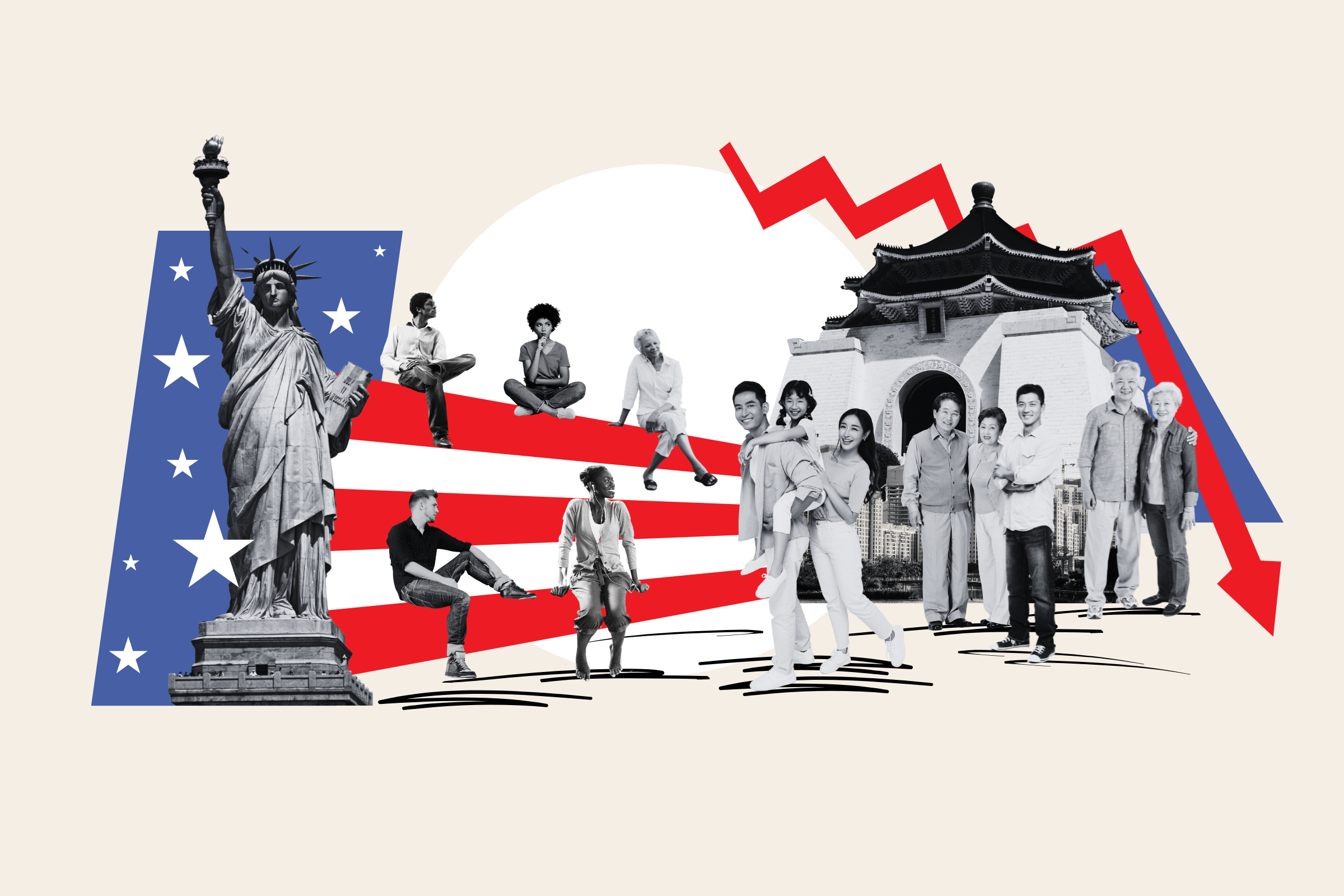





Elon Musk's recent tweet claiming that Singapore is 'going extinct' due to its alarmingly low fertility rates has sparked widespread discussion about the nation's demographic challenges. In 2023, Singapore's total fertility rate fell to a historic low of 0.97 births per woman, prompting concerns about the long-term implications for the country's social fabric and economic competitiveness [a429a381]. By 2030, it is projected that nearly one in four Singaporeans will be over the age of 65, exacerbating the challenges posed by an aging population [a429a381].
In response to these demographic shifts, Singapore has increasingly relied on immigration as a strategy to mitigate the effects of low birth rates and an aging populace. In 2023 alone, 23,472 individuals were granted citizenship, and 34,491 received permanent residency, reflecting the government's commitment to maintaining a balanced demographic structure [a429a381].
Analysts warn that the ultra-low fertility rates could significantly impact Singapore's economy and social cohesion if not addressed. The government has implemented various policies aimed at encouraging higher birth rates, such as financial incentives for families and improved parental leave [a429a381]. However, experts stress the importance of fostering a sense of optimism and hope within the community to encourage both fertility and immigration, rather than solely relying on policy measures [a429a381].
This situation mirrors the broader demographic trends seen in East Asia, where countries like Hong Kong and South Korea are also grappling with declining birth rates. In Hong Kong, the birth rate is among the lowest globally, prompting the government to announce plans to attract over 1 million mainland Chinese by 2046 to bolster the workforce [2b6485e6]. Similarly, South Korea's fertility rate has dropped to 0.72 births per woman, leading to significant societal concerns [a5a9d7ae].
Adding to this narrative, Macau is facing its own demographic crisis, with its birth rate declining from 6.4 per thousand in 2022 to 5.5 per thousand in 2023. This translates to a decrease in live births from 3,712 in 2023 to an estimated 3,603 in 2024 [b812e964]. China's birth rate also reflects this trend, falling from 6.7 per thousand in 2022 to 6.6 in 2023, while Japan's and South Korea's rates stand at 6.3 and 4.9 per thousand, respectively [b812e964].
A recent study by the McKinsey Global Institute highlights that two-thirds of the world's population resides in countries below the replacement fertility rate of 2.1 children per family, raising alarms about a potential 'population collapse' [c86bae21]. Projections suggest that by 2100, populations in some countries could decline by 20%-50%, with China facing a staggering potential population crash of 55% and Italy by 41% [c86bae21]. In contrast, the U.S. is expected to see a 23% increase, largely due to immigration [c86bae21].
Economic consequences of these declining birth rates include fewer working-age individuals and slowed economic growth, as only 38% of Macau youth aged 18-35 express a willingness to have children [b812e964]. Factors contributing to this trend include personal choice, financial burdens, and changing societal norms. Proposed solutions in both Singapore and Macau focus on financial incentives, childcare support, and altering societal values towards family [b812e964].
As these nations confront their demographic challenges, the discourse surrounding population growth, immigration, and social policy continues to evolve. While some experts argue that a stable low birth rate could yield unexpected benefits, such as less competition for resources and a reduced environmental impact, the consensus remains that proactive measures are essential to ensure sustainable development and social stability [c6a98cbe].
Elon Musk's remarks have brought renewed attention to these pressing issues, highlighting the urgent need for comprehensive strategies that address both fertility and immigration in Singapore, Macau, and beyond [a429a381].